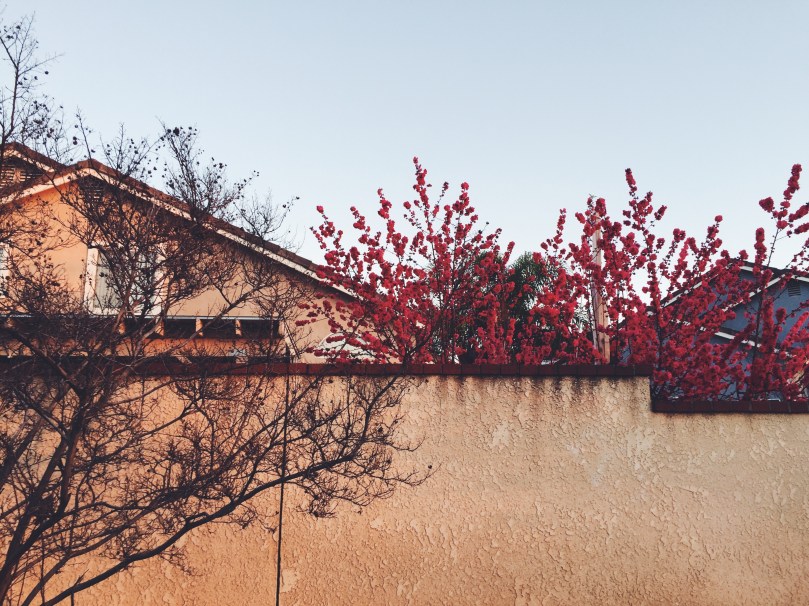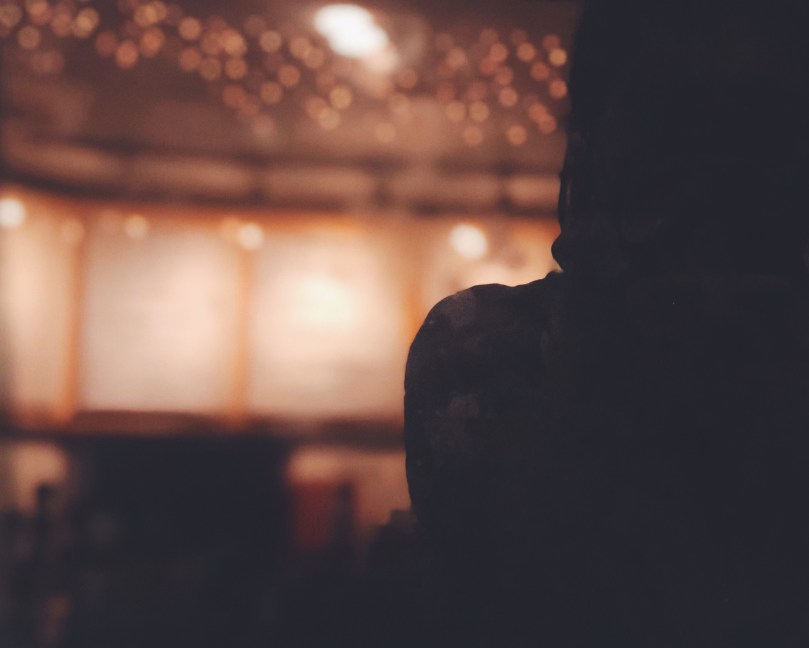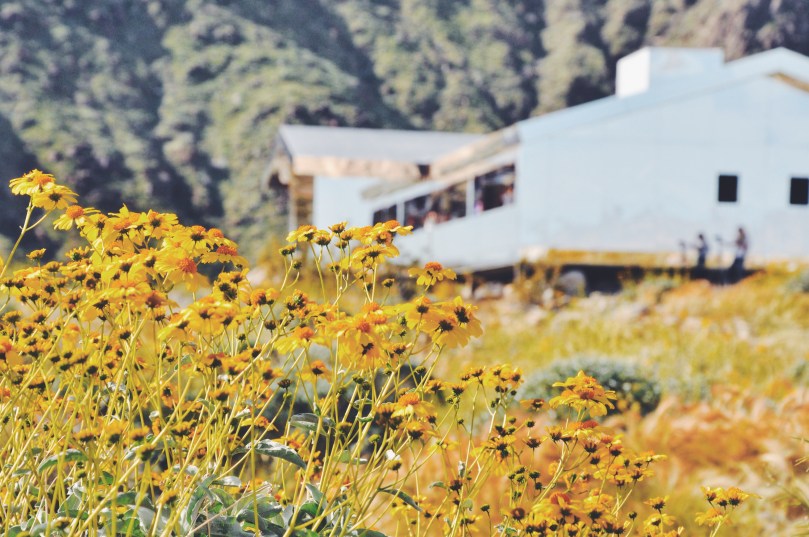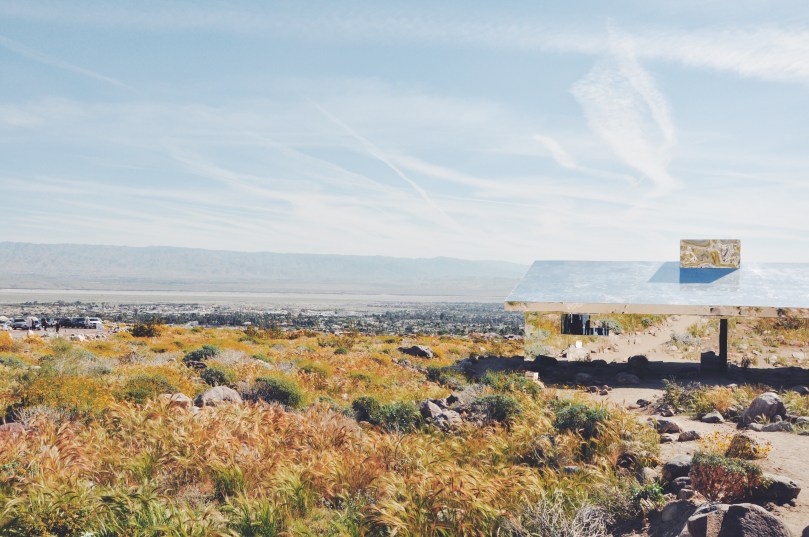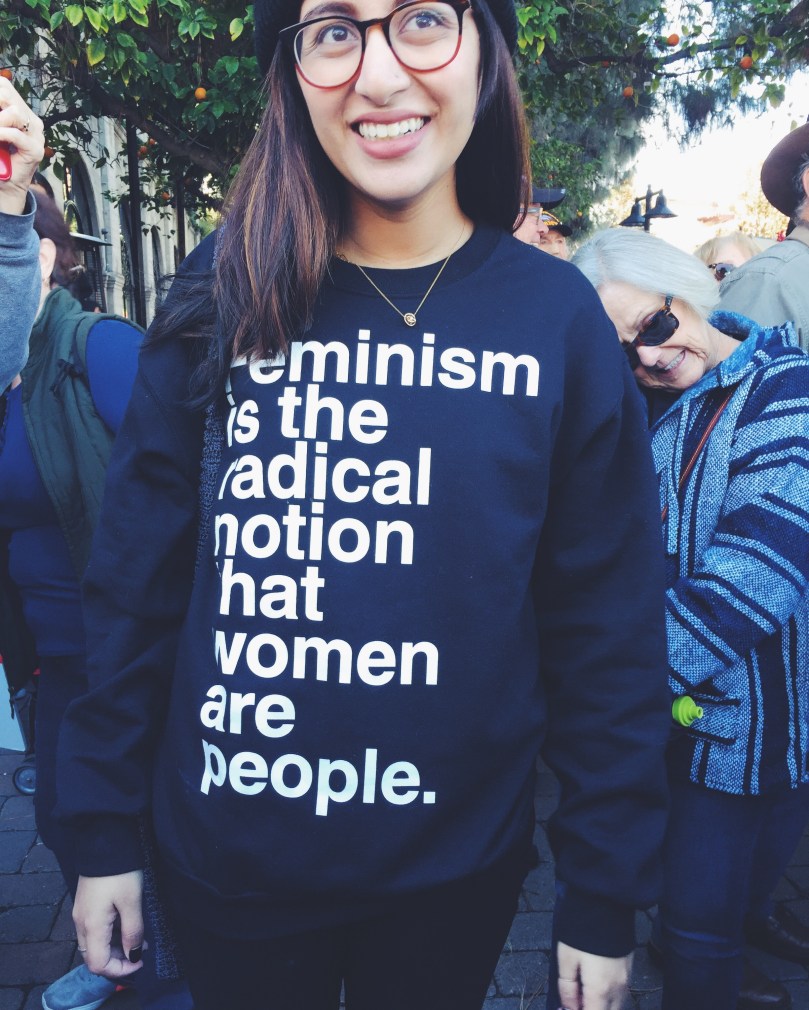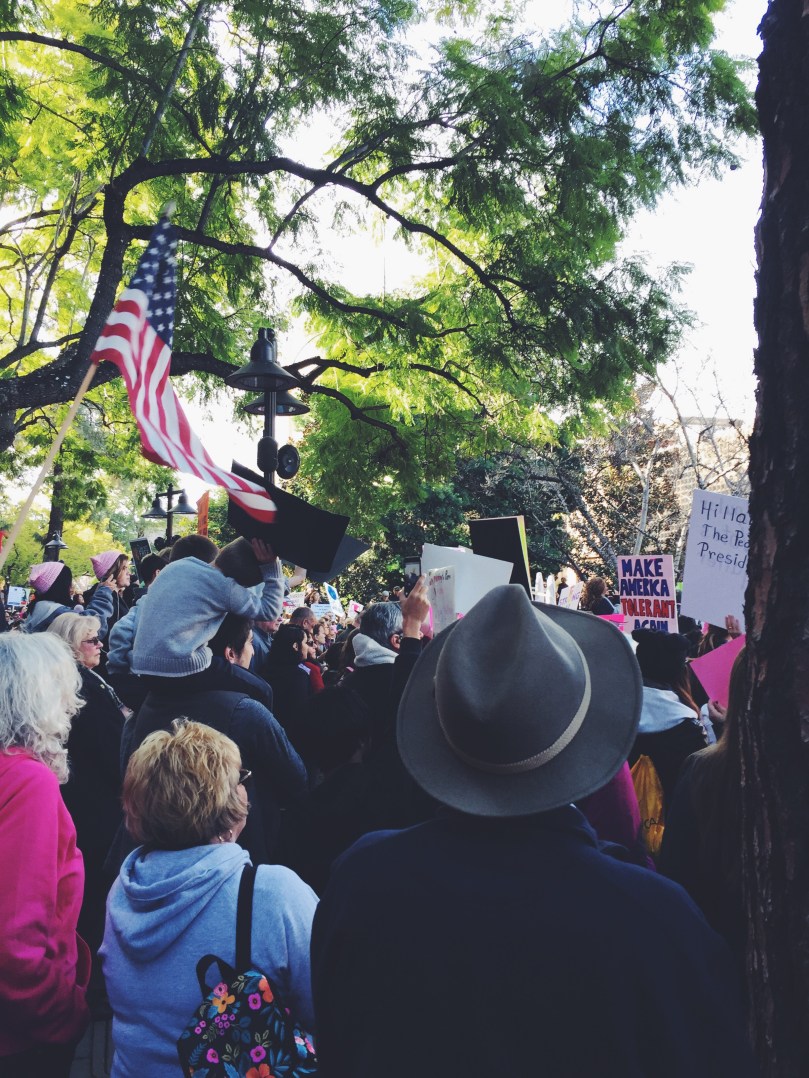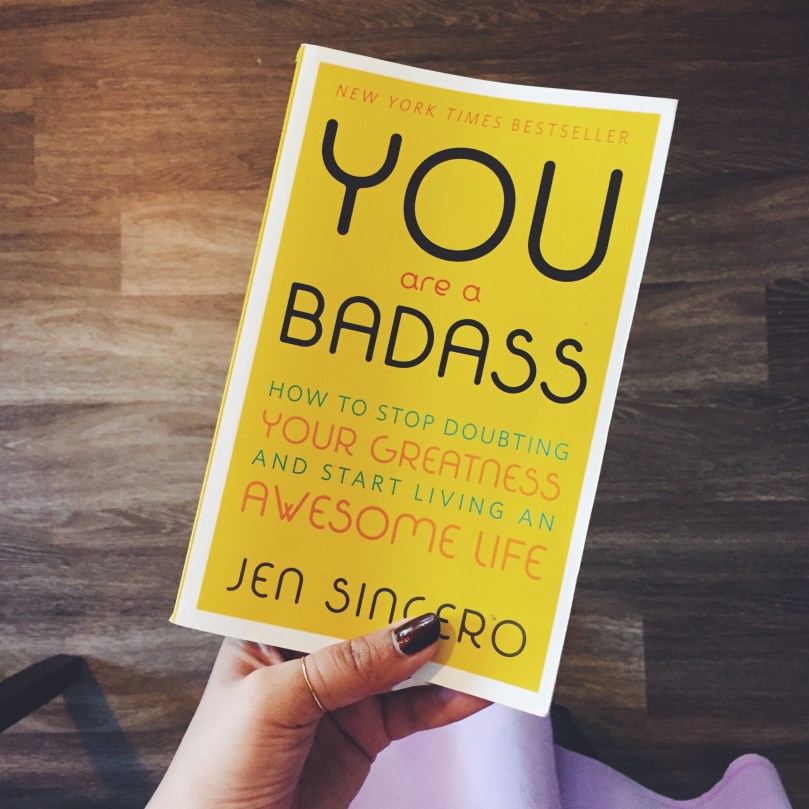Anyone else’s mind jump straight to the Usher track whenever they hear the word confession? No, just me? That’s cool. I’ve come to terms with my embarrassing and unwavering love for Usher during my junior high years. It’s fine.

But on the real – I thought it was time for a life update since it’s been a minute. I started sharing my journey through medicine, and life in general, on here and Instagram because I wanted people to feel less alone in their struggles. In this age of social media, it’s easy to fall into the mentality that everyone has their life together except you. But that’s obviously not the case – we just choose to present our best selves to the world. And on the surface there isn’t anything wrong with that as long as we can remember that there is so much else going on that is not being shared. But in the past couple months, since finding out I failed step one again, I’ve started to feel like I’m folding into myself and only presenting the highlights of my life. And while I don’t owe anything to strangers on the internet, I feel it’s important for me that I continue to present myself honestly.
Since December I’ve hit one of the most severe bouts of depression I’ve had in my life. I’m pretty sure I’ve struggled with both depression and anxiety for most of my life but wasn’t clinically diagnosed until starting medical school. Stress has always been a huge trigger for me and obviously failure, and step one in general, is stressful. Having been through similar, but less severe, episodes in the past I tackled my depression head on with the things that have usually helped me. I continued taking my medications, working with my therapist, etc. I put away my books and I traveled. I spent time with loved ones and my kitten. And I convinced myself that I was feeling better and dove back into studying as the new year began in January.
But I wasn’t okay. I was struggling badly. I couldn’t focus. I was irritable. I had so much trouble sleeping. I was nauseous all the time. I hand anxiety attacks weekly that were almost as bad as the ones that initially drove me to seek help. So I sought council from those I trust and one of the deans at the SOM recommended that I get tested for learning disabilities in case that there was something making it harder for me to succeed and adding to my stress. I realized that it was important for me to set my ego and internalized stigma towards disabilities aside and truly find out if there were accommodations out there that would help me with both my studying and in my exam taking. It took months before I was able to find someone who accepted my insurance and saw adult patients but I finally got an appointment about a month and a half out. Those of you becoming psychologists, thank you, you are so needed.
Around this time, 45 also started his presidency in the United States. I think it’s pretty clear from my previous posts where I stand politically. The US has always had a dark history when it comes to marginalized peoples but something about the blatant disregard/outright support of the xenophobic rhetoric during the elections made the inauguration sting so much more than I had anticipated. Every executive order and tweet and confirmation has truly felt like a personal assault. It’s taken weeks for me to be okay with the fact that my resistance, at this moment in my life, is almost always in pursuit of my career. I will continue to do my best to be aware. To understand the struggles of those who look and live differently than I. To educate and have the difficult conversations. To organize. To put my body on the line as often as possible when my sisters’ and brothers’ human rights are at risk. But for the most part – my resistance is hours and hours of studying to pass an exam so that I may advocate and care for my patients. And for now, that has to be enough.
Meanwhile, I did my best to continue studying. I searched online for tutoring programs for medical students that worked through video chat. I wasn’t ready to pick my whole life up and move to another state again, as I did when attending Wolfpacc in the summer. It was clear that I had made the most progress in my studying in the months after I had returned home and worked hard on my own. I’m certain that the most helpful aspect of being at Wolfpacc was being in a supportive environment surrounded by people who truly understood the struggle but I did also miss the tutors and the structure they provided. I also missed having someone to run my study schedule by to ensure that I was as effective as I could be in my studying. I missed doing questions with a tutor and running through my thought process with them so that I could identify holes in my knowledge. And that’s when I stumbled across Med School Tutors and was immediately intrigued. I had the opportunity to do one-on-one tutoring from home with someone who would also help me create a schedule that worked for me. It sounded perfect!
Now, I don’t think that this is something that necessarily everyone studying for USMLE needs. But having been at this for so long, I knew I needed more encouragement and reassurance this time around and I’ve found exactly that in working with a tutor through MST. Their entire team has been so incredibly supportive of my goals. The thing that I love most about MST is that they share my values. When I opened up to them about how much I had been struggling, they immediately reassured me that taking care of my health, both physical and mental, is the priority. They helped me rearrange my tutoring schedule at no additional cost to work best for my needs. Having a group of people who’ve essentially been cheering me on through the struggle of doing this for a third time has been such a blessing. If you do decide to check out MST, please cite me as your referral. This post isn’t at all sponsored by Med School Tutors but I do want to disclose that I will get a free hour of tutoring if you decide to work with them.
While struggling through all this I started falling victim to some really serious negative self talk and began to struggle with so many of the things I often warn you all about: feeling shame in the face of failure, constantly comparing myself to others, etc. and it started to take a serious toll. Part of the ugliness of depression is that it’s hard to separate when your thoughts are due to the illness versus when you’re actually right in your introspection and reflection. It’s taken me some time to be able to separate those two things and journaling daily has really helped me with that. I’ve been drowning myself in self care & self love and really doing my best to replace the negative self talk with positive affirmations.
I’ve taken the last couple weeks off from studying and really focused on getting back to feeling like myself. In my appointments with the neuropsychologist, we ruled out any learning disabilities but in talking to him about everything I’ve been through and am going through the past couple years, I realized that my depression and anxiety haven’t been managed as aggressively as they should’ve been. My primary care physician had been treating me until now and she isn’t the greatest when it comes to mental illness. (Another reason why I continually come back to a career in family medicine. We so badly need primary physicians who can provide holistic care. Shout out to all my future FM docs! I’ve got so much love for y’all). While talking to a close friend about this, she asked me why I hadn’t sought care from a psychiatrist over the past couple years that I had been dealing with my undertreated depression and anxiety. And I had no real answer. I later realized that it was because I, someone who constantly advocates against mental illness not being a true disease, had been downplaying my own mental illness for years. I hadn’t sought care from a psychiatrist, knowing that my PCP wasn’t doing a great job treating me, because I didn’t think it was that bad. I expected myself to pick myself up and just brush it off. I didn’t want to be someone who had a psychiatrist, and thus, label myself crazy. Why is it so much easier to show others compassion than ourselves? If I’d sought treatment for my mental illness as I’d encourage my patients and loved ones to do, the past couple years would have been so much easier.
So in the past few weeks I’ve talked to therapists and psychologists and psychiatrists and finally feel like I’m getting the care that I need. And while I’m still not feeling 100% like myself again, I’m finally caring for myself as I’d want my patients to care for themselves. I’ve spent a lot of time protecting my heart from those who try to dismiss my experience when I share my struggles and recognizing how strong I’ve been for so many years. I’m spending the rest of this week doing things that truly bring me joy, surrounding myself with the incredible people who have held me up in these difficult times often without even knowing it and simply finding gratitude in the little things.
I found out last week that the NBME accepted my appeal to expunge my score from my second attempt – you can read about my test day experience here. That news really helped restore my faith in ‘the system’ because I’ve recently been feeling like I’ve dedicated so much of my life to a field that doesn’t truly care about its people. I also found out that I was accepted to WISE’s Muslim Women’s Summit later this year, which will help me become a more effective activist and advocate. I’m still figuring out the details of my trip to the east coast but give me a shout if you’ll also be at the conference!
I know that I have what it takes to pass this exam and have an extraordinary career in medicine. But I’m still learning and unlearning what it takes to truly care for myself and be my best self. Thank you for your company on this journey.
